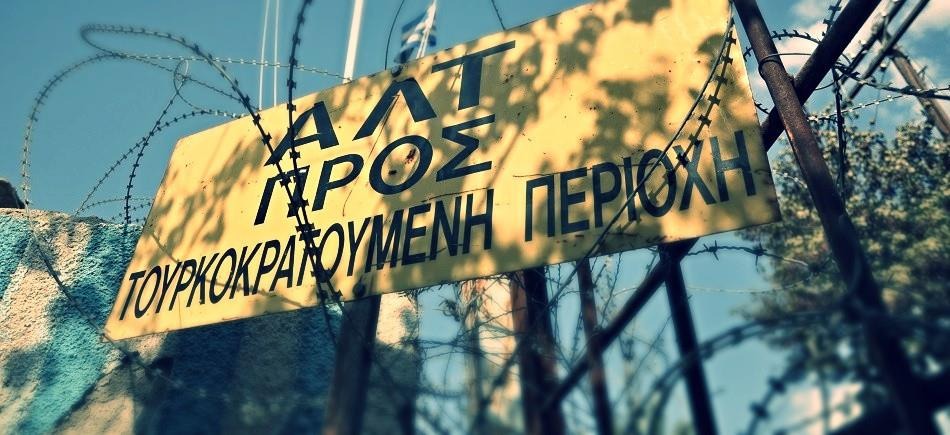The envoy of the United Nations Secretary-General, Maria Angela Holguín Cuéllar, has completed her second visit to Cyprus and still hasn’t… discovered Turkey.
We are still watching the game with the… lost Atlantis.
Just like after her first trip, last February, she has now issued a written statement assessing the visit. Just like then, she made no reference to the occupying force.
Not a word about Turkey, which has been occupying territories of the Republic of Cyprus since 1974.
If the occupation of territories by a third country is not the essence of the problem, then what is it? What problem did she identify?
The fact that Turkish Cypriots don’t play football in international competitions? Or if the settlers are “oppressed”?
In her first statement, in February, she highlighted the issue of trust as her most basic observation.
She stated that “it is vital to build trust, which is seriously lacking, as a fundamental prerequisite for building a future.” In other words, the Cyprus issue is a matter of Confidence Building Measures.
In her second written statement, she went on to announce that the goal is to determine “whether there is common ground for the commitment of both sides to find a sustainable solution.”
Ms. Holguín is the representative of the Secretary-General and, by extension, of the Security Council. The common ground regarding the Cyprus issue is the decisions of the International Organization, and whoever accepts them “gets on board.”
Just like the first time, the Colombian UN official chose to meet with what has been characterized as civil society.
Although she acknowledges the difficulties even in the field of “civil society,” she mentioned that “there are always voices that reveal the resilience of societies that dream of a different life and prove that hope is necessary and obligatory.”
And it would be good for “the voices of resilience” to be those resisting the maintenance of the occupation data and not those of their recognition through formulas and “compromises.”
These voices should not be the adaptive ones, which equate responsibilities and accept any solution to the Cyprus issue.
Ms. Holguín recently took over the portfolio of Cyprus and after passing through the microscope evaluation of many “interested parties.”
It was not, as is known, the first choice. The initial screening was rejected, as is known, by the occupying side. Ms. Holguín, taking on the difficult task of Cyprus, did not choose, of course, to form her own opinion on the matter, but relied on those who consider, claim, that they hold the patent on the Cyprus issue.
She also follows the beaten path that the problem on the island is the intercommunal differences and not the Turkish occupation.
And when someone enters this logic, then they accept various narratives. Like the one with the… oppressed Turkish Cypriots, who want a solution, which of course Turkey approves because it will include its permanent presence on the island and how the… arrogant Greek Cypriots reject everything.
These are the beliefs of those who forget what happened in 1974 and how the situation on the ground was shaped as a result of the invasion and occupation.
In her statement, she states that “it would be very good for everyone to come closer to the individual and collective opportunities that a change would bring, thus turning the difficulties of the past into foundations for a sustainable future.”
Fine words. However, a future can only exist without occupation and dependencies.
But how will this be achieved when the so-called international community deals with the occupying force?
It’s like discussing Ukraine’s internal constitutional structure, bypassing the occupation of territories and leaving Russia out of the big picture.






